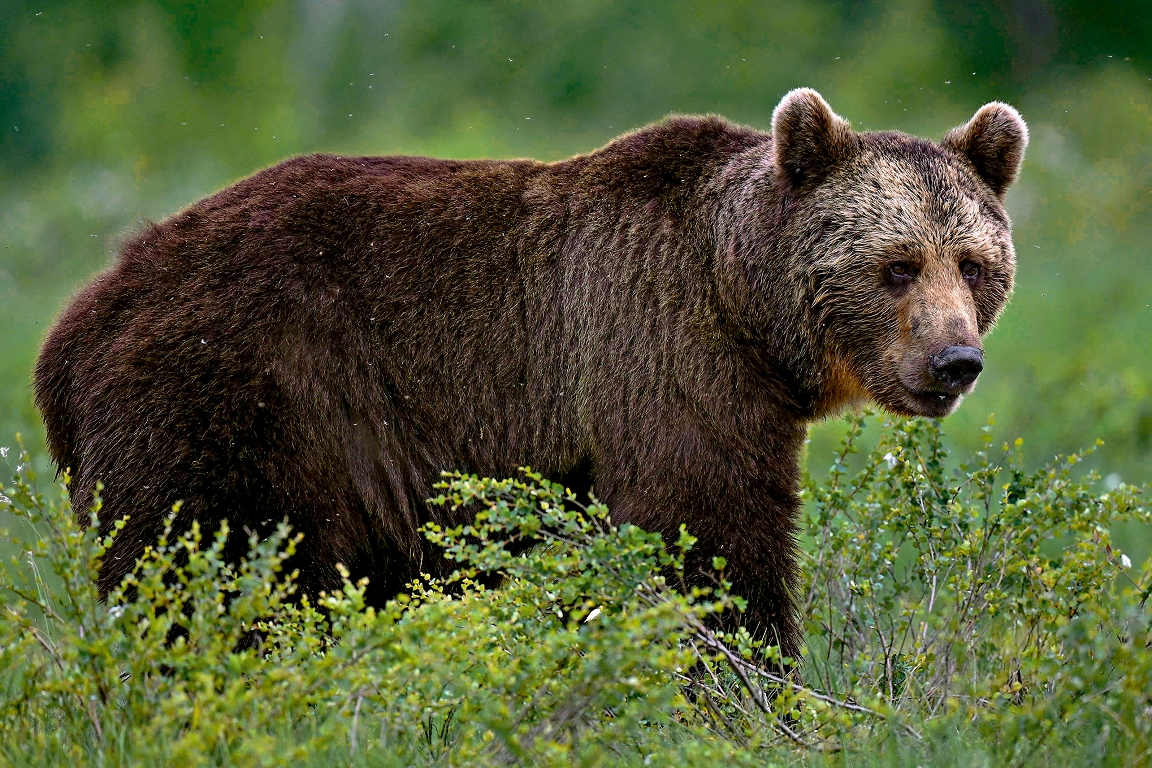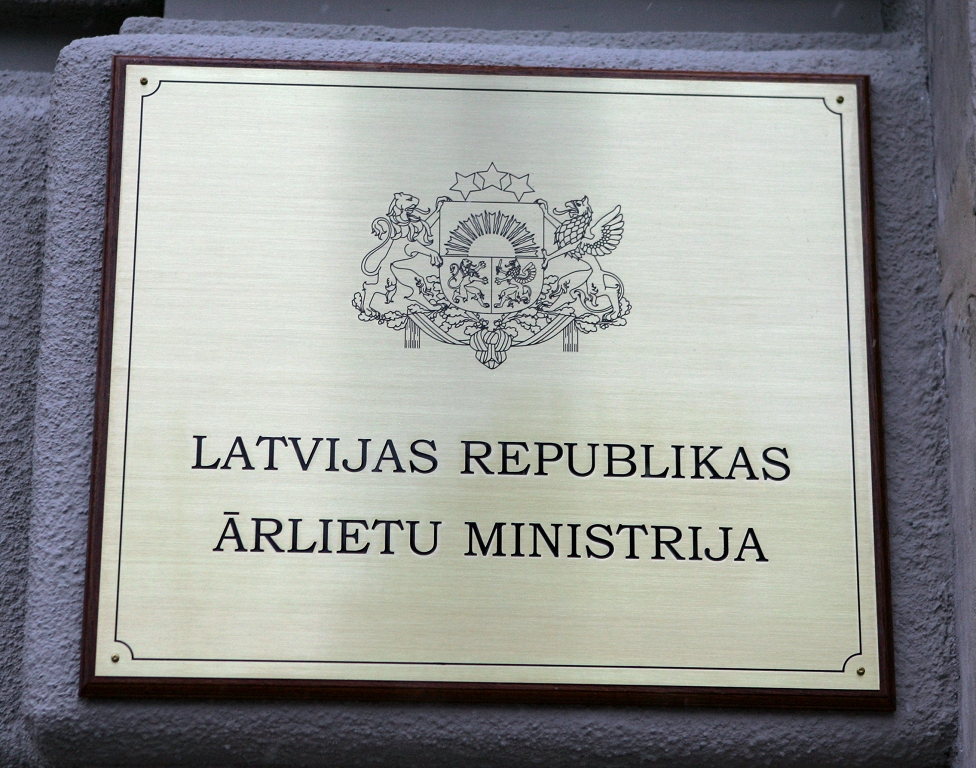There is no reason to allow Latvia to start hunting for brown bears / day

In March, Krauze promised to evaluate the possibility of limiting the bear population in Latvia. On Latvian Radio, he noted that there were only a few bears in Latvia 20-30 years ago, but at the moment forest industry experts point out that about 120 bears are living in the country, so it is necessary to think about the limits of animals of this specially protected species so that the number of bears would not grow significantly.
According to LETA, Ilze Reinika, Senior Communications Specialist at the DAP Communication and Nature Education Department, in a letter to the Minister, the DAP states that historically the brown bear has introduced in Latvia, ending the last ice age (8-11 thousand years ago), but in the 19th and 20th centuries in Latvia, bears were destroyed. For this reason, since 1977 in Latvia, the bear has been in national defense and is listed on the list of specially protected species.
The brown bear is a European -wide threatening species whose protection in Latvia is provided by the Council of Europe Directive on the protection of natural habitats, wild fauna and flora, emphasizes the DAP. The brown bear species protection plan in Latvia was first developed and approved in 2003. The aim of this plan is to promote the remainder of the brown bear’s favorable position in the Baltic population at an unlimited time and to achieve it in the territory of Latvia without setting a deadline, minimum or maximum number of animals.
Currently, Latvia has a stable brown bear population, reaching 120 specimens. There are more than 1,000 bears in Estonia.
The brown bear is the largest of Latvian predators. Bear females can reach 150 kilograms (kg), but bear male weight can reach 300 kg. The life expectancy of a brown bear can exceed 30 years and has no natural enemies in Latvia.
Reinika explains that it is not aggressive in everyday life and mostly avoids encountering people. A dangerous bear can become a dangerous bear if they are too disturbed from hibernation, it is injured, as well as bear females with babies.
To help recognize, identify and notice the signs of nature in nature, indicating the presence of specially protected species of brown bear specimens, in cooperation with the Latvian State Forestry Institute « Silava » and the Latvian National Museum of Natural History has developed guidelines for hunters, forestry for the forest and other forest for pedestrians. The material explains how to identify the place of the nest and the area where the brown bear is staying and what to do in the event of the encounter.
As reported, the brown bear hunting season in Estonia is from August 1 to October 31, and in the 2024 season the Environment Department allowed 94 bears to be hunted. If individual bears cause damage, the number of animals to be hunted can be increased by another eight, according to the department’s decision.
Over the last 15 years, Estonia has increased the number of bears and increased bear populated areas. The state of the bear population in Estonia is considered very good, the hunter organization assesses.
As reported, last year in Latvia, the DAP paid a total of € 4,313 for the losses caused by the bears. Juris Steiselis, Chairman of the Council of the Latvian Beekeeping Society (LBB), said that bear activity and damage to bee families have grown on the Vidzeme side in recent years. He said that the only real way of beekeepers can protect bee families from bear attacks is electricity. Electric shepherds can limit the apiary from all sides and deny the bears access. Such electric shepherds are also installed in Estonia, Finland, Canada and the US, where beekeepers are fighting similar problems.
Walter Brusbardis, Member of the Board of LBB, added that using European funding, LBB helps beekeepers install electric shepherds. He noted that electric shepherds do not always help, but this is the only mechanism for protecting hives against bear damage. Bear threats in Latvia are a new problem that is currently regional, but over time it will be relevant throughout Latvia. Lāči population in Latvia is growing rapidly and strengthens.






